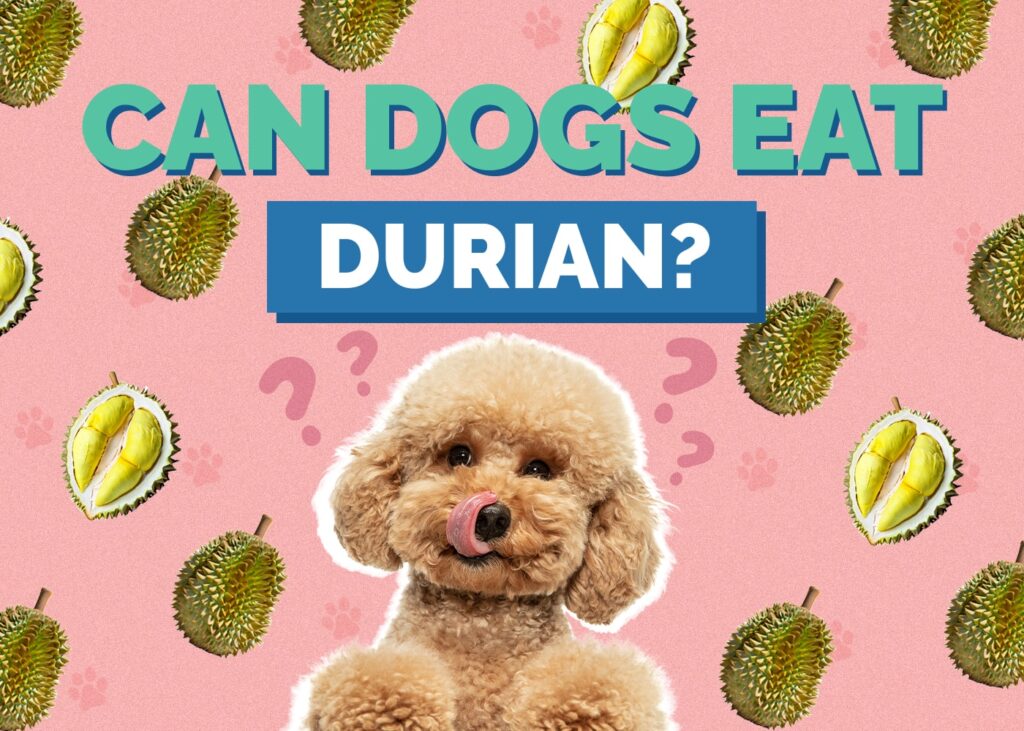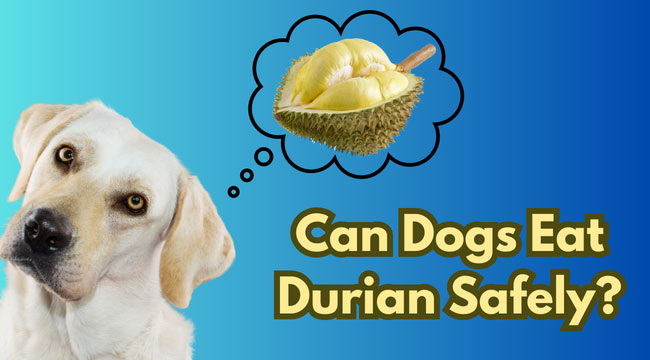Welcome to the world of durian, often hailed as the “king of fruits” for its unique characteristics and strong following across Southeast Asia. This exotic fruit, native to tropical regions such as Malaysia, Thailand, and Indonesia, captivates with its distinctive aroma and formidable appearance—a spiky, football-sized shell protecting soft, custard-like flesh inside. Its reputation precedes it, with enthusiasts praising its complex flavor profile and nutritional richness.
In terms of nutrition, durian packs a powerful punch. It’s not just about its notorious smell; beneath its thorny exterior lies a treasure trove of vitamins, minerals, and dietary fiber. From vitamin C, known for boosting immunity, to essential minerals like potassium and manganese, durian offers a potent blend of nutrients that contribute to overall health. Its fiber content supports digestive health, making it a valuable addition to local diets where it’s often consumed fresh or in culinary dishes.
Despite its appeal, durian isn’t without controversy. Its high fat and sugar content raise concerns, particularly for those with dietary restrictions or health conditions. Nevertheless, its cultural significance and nutritional benefits continue to intrigue researchers and food enthusiasts alike, prompting ongoing discussions about its place in modern diets and its potential as a source of sustainable nutrition.So join us as we will explore whether- can dogs eat durian or not.

Nutritional Benefits of Durian for Humans
It often hailed as the “king of fruits,” not only captivates with its distinct aroma and creamy texture but also offers significant nutritional benefits that contribute to overall health and well-being. From its rich content of essential vitamins to its role as a source of energy, durian remains a popular choice in Southeast Asian diets and continues to garner interest worldwide for its nutritional prowess.
High in Vitamin C, Potassium, and Dietary Fiber
It is exceptionally rich in vitamin C, providing up to 80% of the daily recommended intake per serving. Vitamin C is crucial for immune function, collagen production, and antioxidant defense.
Potassium levels in it are notable, contributing to electrolyte balance, muscle function, and cardiovascular health.
The dietary fiber content in durian supports digestive health by promoting regular bowel movements and aiding in weight management.
Contains Antioxidants that Promote Overall Health
It is packed with antioxidants such as flavonoids, carotenoids, and polyphenols. These compounds help neutralize free radicals, thereby reducing oxidative stress and inflammation in the body.
Antioxidants in it may contribute to cardiovascular health by protecting against oxidative damage to blood vessels and reducing the risk of chronic diseases.
Provides a Source of Energy due to its Carbohydrate Content
- Itis a carbohydrate-rich fruit, containing natural sugars that provide a quick source of energy.
- The combination of carbohydrates and fats in it makes it a satisfying and energizing snack or addition to meals, ideal for replenishing energy stores after physical activity.
Can Dogs Eat Durian?
The question of whether dogs can safely consume it often arises due to its unique aroma and rich nutritional content. While durian is not inherently toxic to dogs, considerations regarding its high sugar content and potential health benefits must be weighed carefully to ensure the well-being of our canine companions.
Durian is not toxic to dogs, but moderation is key
- Unlike some fruits that can be toxic to dogs, such as grapes and raisins, durian itself is not considered toxic. However, moderation is crucial due to its high sugar and fat content.
- The spiky outer shell and large seeds of durian pose a choking hazard and should be removed before feeding to dogs.
Potential Health Benefits for Dogs
- Durian contains vitamins such as vitamin C, which supports immune function, and dietary fiber, which promotes digestive health in dogs.
- These nutrients can contribute to overall well-being and may offer similar health benefits to dogs as they do to humans.
High Sugar Content and Health Risks
- The natural sugars present in durian can lead to weight gain and obesity in dogs if consumed excessively.
- Regular consumption of foods high in sugar can also increase the risk of diabetes and dental issues in dogs.
Risks and Concerns of Feeding Durian to Dogs
Feeding durian to dogs requires careful consideration due to several potential risks and concerns, despite its non-toxic nature. Understanding these risks can help pet owners make informed decisions about including durian in their dog’s diet.
High Fat Content and Digestive Issues
- Durian is known for its relatively high fat content, which can be challenging for some dogs to digest, particularly those with sensitive stomachs or a history of pancreatitis.
- Excessive consumption of high-fat foods like durian may lead to gastrointestinal upset, including diarrhea, vomiting, and abdominal discomfort.
Choking Hazards from Seeds and Rind
- The large seeds and tough, spiky rind of durian pose significant choking hazards for dogs.
- If swallowed whole, durian seeds can cause obstruction in the digestive tract, potentially leading to intestinal blockage, which requires immediate veterinary attention.
Strong Odor and Palatability
- Durian’s strong odor, often described as a mix of sweet almonds and pungent onions, can be off-putting to some dogs.
- Dogs may reject durian due to its intense smell, affecting their willingness to consume it even if offered.
Potential Allergic Reactions
- While rare, some dogs may have allergic reactions to durian, manifesting as itching, skin irritation, or gastrointestinal distress.
- It’s essential to monitor dogs closely for any signs of allergic reactions or adverse effects after consuming durian.
High Sugar Content and Health Risks
- Durian contains natural sugars that, when consumed in excess, can contribute to weight gain, obesity, and dental problems in dogs.
- Regular consumption of high-sugar foods like durian may increase the risk of diabetes and other metabolic disorders over time.
Consultation with Veterinarian
- Before introducing durian or any new food into a dog’s diet, it’s advisable to consult with a veterinarian.
- A vet can provide personalized advice based on the dog’s age, breed, health status, and dietary needs, ensuring that any potential risks are minimized.
How to Safely Introduce Durian to Your Dog’s Diet
Introducing durian into your dog’s diet can be a novel experience, but it’s essential to proceed with caution to ensure their health and safety. Durian, known for its distinctive aroma and creamy texture, requires careful preparation and monitoring to mitigate potential risks and maximize any potential benefits for your canine companion.
Prepare Durian Properly
- Remove Seeds and Rind Completely: Before offering durian to your dog, ensure all seeds and the tough outer rind are completely removed. The seeds can pose a choking hazard, while the rind is difficult for dogs to digest and may cause gastrointestinal blockage.
- Cut into Small, Manageable Pieces: Cut the durian flesh into small, bite-sized pieces that are easy for your dog to chew and swallow. This reduces the risk of choking and makes it more manageable for their digestive system.
Monitor for Adverse Reactions
- Observe for Digestive Upset: After introducing durian to your dog, monitor them closely for any signs of digestive upset such as vomiting, diarrhea, or excessive gas.
- Watch for Allergic Reactions: Keep an eye out for allergic reactions, which may include itching, redness, swelling, or respiratory distress. If any adverse reactions occur, discontinue feeding durian and consult your veterinarian immediately.
Start with Small Amounts
- Gradual Introduction: Introduce durian to your dog’s diet gradually, starting with small amounts to assess their tolerance and reaction.
- Monitor Appetite: Pay attention to your dog’s appetite and interest in durian. Some dogs may not enjoy the strong odor or flavor, while others may develop a preference over time.
Consult with a Veterinarian
- Prior Veterinary Consultation: Before adding durian or any new food to your dog’s diet, consult with your veterinarian. They can provide guidance based on your dog’s specific health needs, dietary requirements, and potential allergies.
- Professional Advice: A veterinarian can offer personalized recommendations to ensure that durian is safe and suitable for your dog, taking into account their age, breed, health status, and overall diet.
Consider Alternatives
- Explore Safer Options: If your dog shows aversion to durian or experiences digestive issues, consider exploring safer fruit alternatives that are known to be canine-friendly, such as apples, bananas, or berries.
- Variety in Moderation: Introducing a variety of fruits in moderation can provide nutritional benefits and enrichment for your dog’s diet without compromising their health.
Alternative Fruits for Dogs
Exploring safe and healthy fruit options for your dog can provide a variety of nutritional benefits and enhance their diet. While some fruits are suitable and beneficial for dogs, others should be avoided due to potential toxicity or digestive issues.
Apples (without seeds):
- Apples are a great source of vitamins A and C, as well as dietary fiber, which promotes digestive health in dogs.
- Remove the seeds and core before feeding apples to your dog, as apple seeds contain cyanide, which can be toxic in large quantities.
Blueberries:
- Blueberries are packed with antioxidants, including vitamin C and phytochemicals, which help support immune function and reduce inflammation.
- They are low in calories and high in fiber, making them an excellent treat or addition to your dog’s regular meals.
Bananas:
- Bananas are rich in potassium, which supports heart health and muscle function in dogs.
- They are also a good source of vitamins B6 and C, as well as dietary fiber, which aids in digestion and helps regulate bowel movements.
Benefits of Feeding a Variety of Fruits in Moderation
- Nutritional Diversity: Each fruit offers a unique combination of vitamins, minerals, and antioxidants, contributing to overall health and well-being.
- Digestive Health: Fruits with high fiber content, such as apples and bananas, promote digestive regularity and can help alleviate constipation in dogs.
- Hydration and Flavor: Incorporating fruits into your dog’s diet can increase moisture intake and provide natural flavors that dogs may find enjoyable.
Tips for Incorporating Fruits into Your Dog’s Diet
- Start Gradually: Introduce fruits to your dog’s diet gradually, starting with small amounts to monitor their tolerance and digestive response.
- Prepare Properly: Wash fruits thoroughly to remove pesticides and potential contaminants before serving them to your dog.
- Monitor Portion Sizes: While fruits offer nutritional benefits, they should be given in moderation to avoid excessive calorie intake and potential weight gain.
- Avoid Toxic Fruits: Some fruits such as grapes, raisins, and cherries can be toxic to dogs and should never be fed to them.
By incorporating safe and beneficial fruits like apples (without seeds), blueberries, and bananas into your dog’s diet in moderation, you can provide variety, nutrition, and enjoyment while supporting their overall health and well-being.

